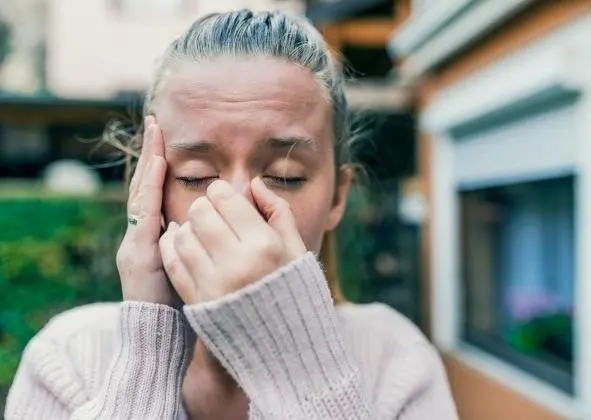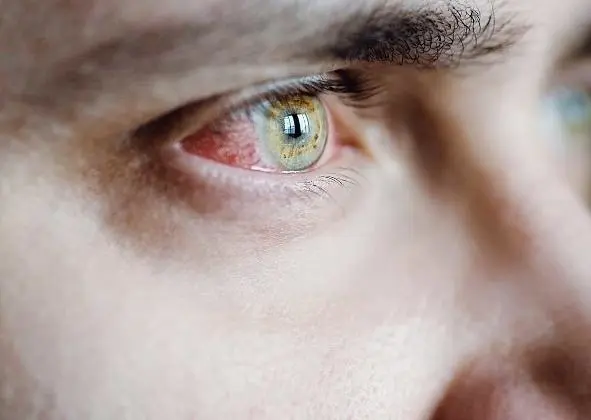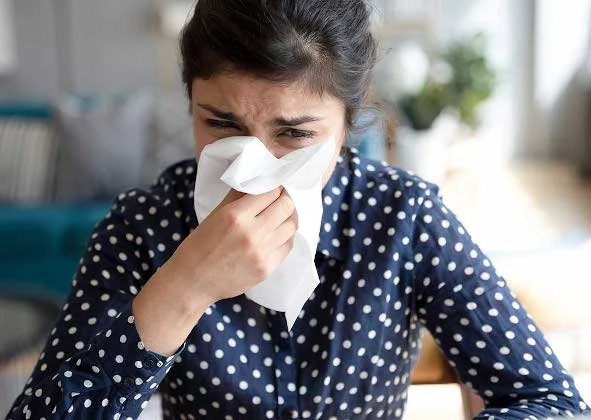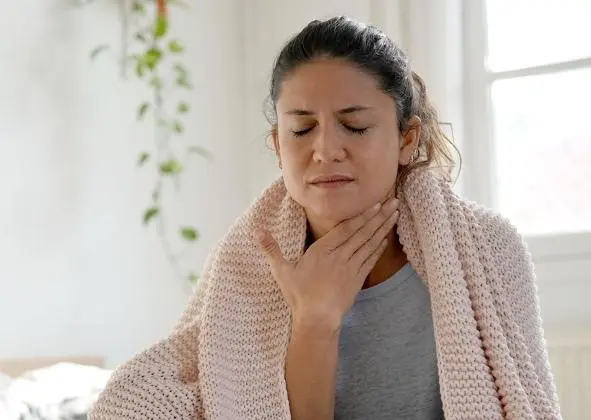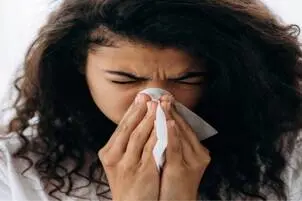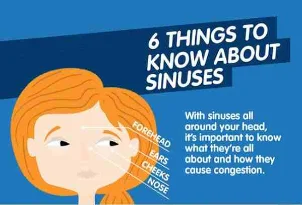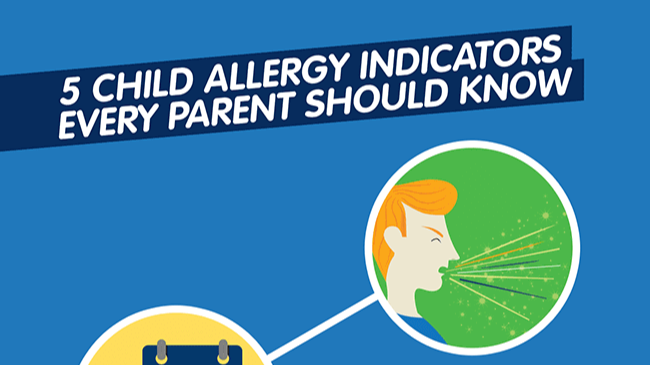How do allergies cause a headache?
When you have a runny nose and feeling sneezy or stuffy during allergy season, you likely have allergens irritating your nasal passageways.2,3
Since these symptoms are typically localized in the sinus and facial area, it makes it easy to trigger headaches whenever your allergies flare-up.3,4 Inflamed sinuses restrict airflow and prevent mucus from draining properly, causing your sinuses to become a breeding ground for bacteria to grow. This inflammation caused by allergens can lead to facial pain and headaches5. That being said, most headaches do not an allergic basis.3
How do allergies cause a cough?
Like headaches, coughs can also be triggered by allergy symptoms. For example, postnasal drip is a common symptom of hay fever but can simultaneously trigger coughs. That occurs when allergens irritate the lining of your nose and cause mucus to drip.6 When this happens, the excess mucus tickles the back of your throat, causing a cough.
Since coughs can be symptoms of specific allergies such as hay fever, it can help you narrow down from an array of allergy conditions. 6 If hay fever is causing your cough, your allergy symptoms will usually worsen during spring, summer, or fall, where seasonal triggers such as tree pollen, ragweed pollen, and grass pollen are at its peak.6 Learn more about hay fever symptoms here!
However, your cough can last for much longer if you have year-round allergies. Lingering allergens such as dust mites, dander, and spores from indoor fungi and molds can trigger symptoms that lead to a chronic, cough.7
How to alleviate headaches and coughs caused by allergies
It is important for allergy-sufferers to address their symptoms early to help prevent them from worsening. Some precautions that one can take to help prevent cough triggers and relieve sinus inflammation, include:3
1. Reduce Exposure to Allergens
If you find that your headaches and coughs are heightened during the allergy seasons, consider finding ways to reduce your exposure to allergens. This may mean staying indoors more often when the pollen count is high, or simply reducing your contact with pets if dander is a trigger for you.
Making lifestyle changes like wearing a mask when mowing your lawn or using an air purifier to filter out dust particles in your home can also be a way to help reduce your exposure to allergens.
2. Try Home Remedies to Relieve Sinus Issues and Coughs
There are several at-home remedies you can try to help clear your sinuses, relieve your headache, and prevent cough triggers.
Start by drinking plenty of warm water to drain and thin out clinging mucus. Try a warm, moist compress over the bridge of your nose (covering the sinuses) to see if you can alleviate pressure from your headache. A steam room—or even the steam from a hot shower—can also help the sinuses decongest and offer relief.
To prevent post-nasal drip that may trigger coughs, consider using a saline spray to clear your nasal passageways, or decongest by inhaling steam.8
3. Use Over-the-Counter Medications
When your allergies kick-in, try an OTC medication to get relief.
Use REACTINE® Complete Sinus + Allergy to relieve nasal congestion, stuffiness, and runny nose. You can also try REACTINE® Allergy Liquid, an antihistamine in a soothing liquid format to relieve runny nose, sneezing, and post nasal drip which may trigger coughs.
As always, it is important to consult your doctor or another healthcare professional if you have any questions about symptoms, medications, or other treatments. You should also always follow the instructions on the OTC medication label, and only take Reactine as directed. If your symptoms persist or worsen, seek immediate help from your doctor.


